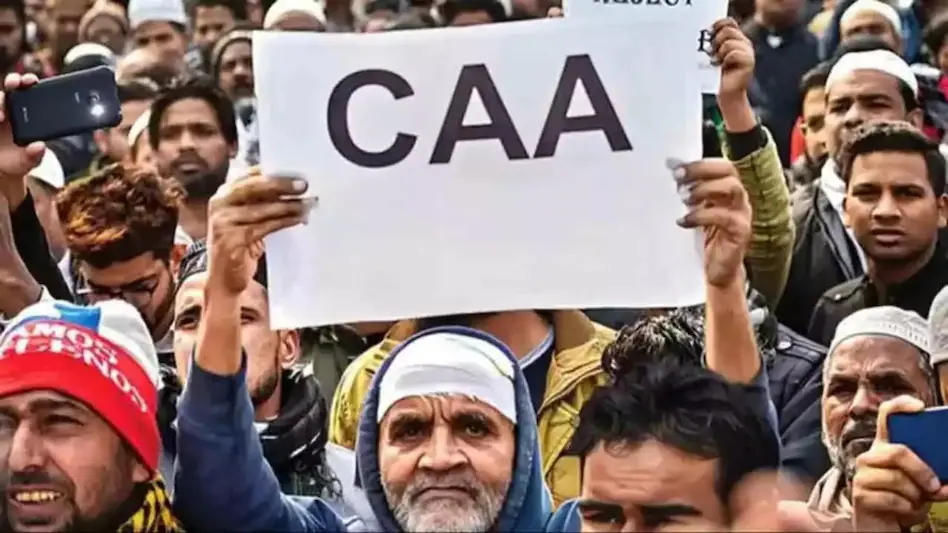The Tripura government has taken a step towards the implementation of the Citizenship (Amendment) Act, 2019, by initiating the appointment of officials to form committees tasked with its enforcement. This move comes amid ongoing discussions and preparations across the country regarding the implementation of the controversial legislation.
Officials from the Directorate of Census Operations and the Tripura Government have been actively involved in the appointment process, signaling the state’s commitment to implementing the provisions of the Citizenship (Amendment) Act. The formation of these committees is expected to facilitate the smooth execution of various aspects of the law within Tripura.
The Citizenship (Amendment) Act, 2019, seeks to grant citizenship to Hindu, Sikh, Buddhist, Jain, Parsi, and Christian refugees who fled persecution from Pakistan, Bangladesh, and Afghanistan and entered India before December 31, 2014. The legislation has sparked widespread debate and drawn criticism from various quarters, with concerns raised about its implications on India’s secular fabric and the rights of minority communities.
In Tripura, where the implementation of the Citizenship (Amendment) Act holds significant importance due to its proximity to the international border and historical demographic dynamics, the government’s move to form implementation committees underscores its commitment to address the citizenship issue comprehensively.
However, the decision has also faced criticism from certain quarters, with concerns raised about the potential implications of the Act on the indigenous communities of the state. Critics argue that the Act could alter the demographic composition of Tripura and lead to tensions between different ethnic groups.
The appointment of officials for CAA implementation committees marks a crucial phase in Tripura’s efforts to address the citizenship issue and ensure compliance with the provisions of the legislation. It reflects the state government’s proactive approach to navigate the complexities surrounding the Citizenship (Amendment) Act and its impact on the socio-political landscape of Tripura.
As the appointment process progresses and the committees begin their work, all eyes will be on Tripura to observe how the implementation of the Citizenship (Amendment) Act unfolds in the state and its repercussions on various stakeholders.

